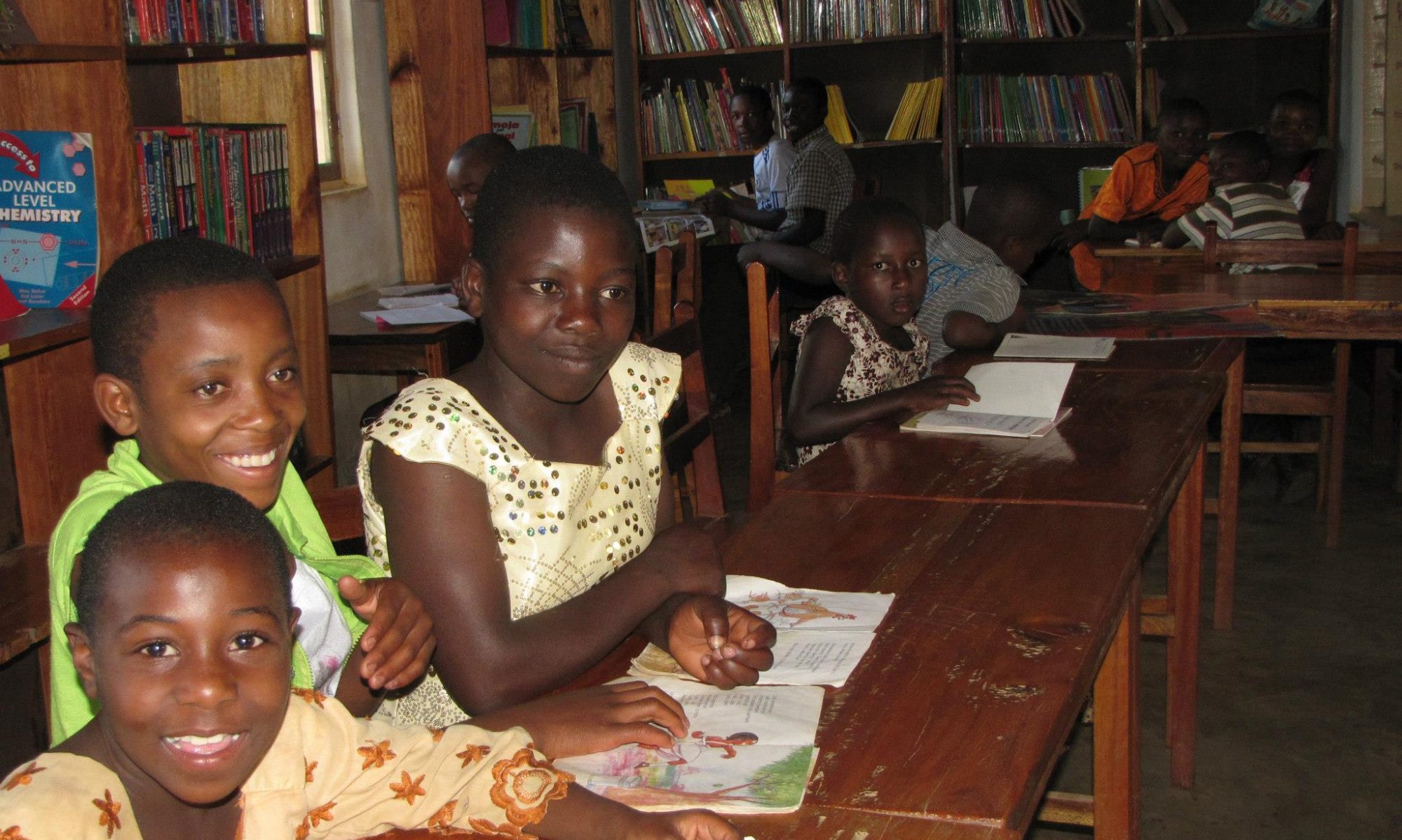Tablets in Tanzania
In Education Officers Push for E-Learning, Tanzania Daily News recently reported that the Regional and District Education Officers Association (REDEOA) are promoting e-learning after an agreement was made with Global Education Link. Global Education Link is a company selling tablets, which were were described as a cost effective alternative to books that would encourage students to perform independent research.
The tablets are relatively cheap, at 179,000 TZS (roughly 100 USD). The article states that the REDEOA chairman noted that using ed tech devices could allow users to save money since “books and other materials can easily be obtained on the internet in soft-copy unlike existing materials in hard-copy.” However, at TETEA we believe that tablets are not yet a cost effective alternative to schools purchasing textbooks. In 2013 TETEA and MACOBICA purchased a number of textbooks for the library in Maguu. The price varied, but on average the cost for one year of a single subject was around 7,500 TZS (~4 USD). A single student could have a textbook in each of the nine core subjects taught at Tanzanian O-level secondary schools for approximately 67,500 TZS (~36.5 USD), significantly less than the cost of providing a tablet.
Another advantage of traditional textbooks is that they lack the operation costs and challenges associated with tablets. Tablets will need to charged if they are to be used regularly. In the more fortunate schools this will result in larger electricity bills, but in many schools charging tablets would be a significant challenge. According to the Basic Education Statistics for Tanzania 2013, 69.3% of secondary schools were not connected to the national grid. Schools with generators could simply require their students to contribute more money to purchase fuel, but the schools which have solar panels, biogas, or windmills might not be able to generate enough electricity to regularly charge tablets for every student. The schools without any electric power available would not even be able to contemplate using tablets as a replacement for textbooks.
Tablets are also more prone to maintenance issues. Batteries will eventually need to be replaced and screens will crack. On the other hand, the most maintenance that textbooks need is having their binding resewn and maybe adding a protective cover of cardboard.
Finally, there is currently a lack of free educational materials targeting Tanzania available in soft copy on the internet. There are some notes, past examinations, and study guides on ShuleDirect and TETEA’s resource website, but to our knowledge there isn’t much else. The article mentions that secondary education textbooks will be built into the device, but since the devices are relatively expensive (compared to paper books) we feel that there should be more content tailored to Tanzanian students to make them worthwhile.

